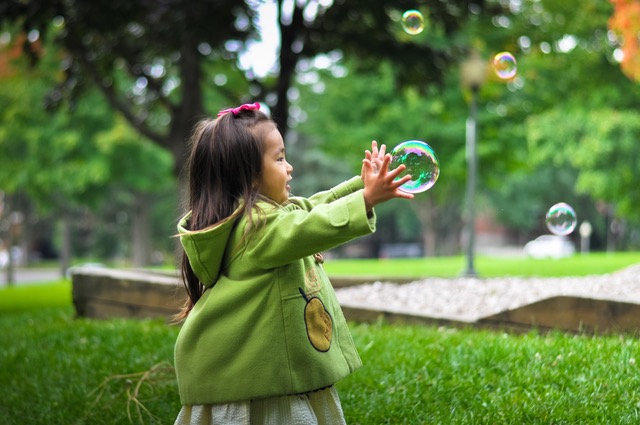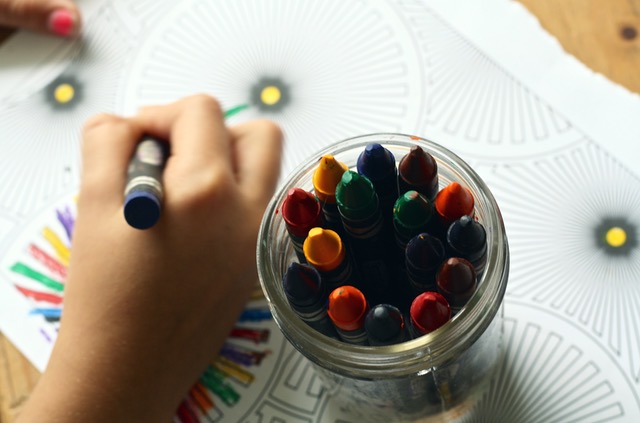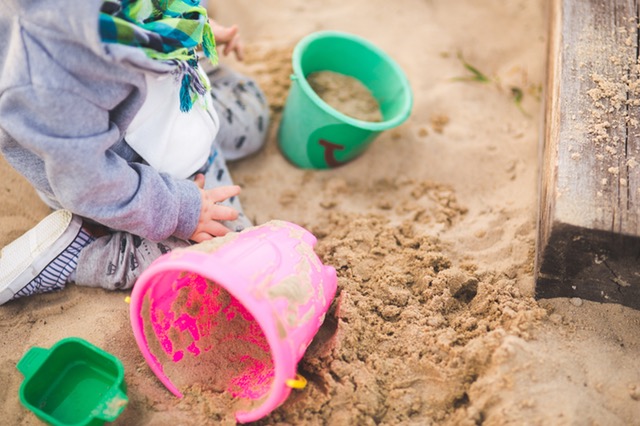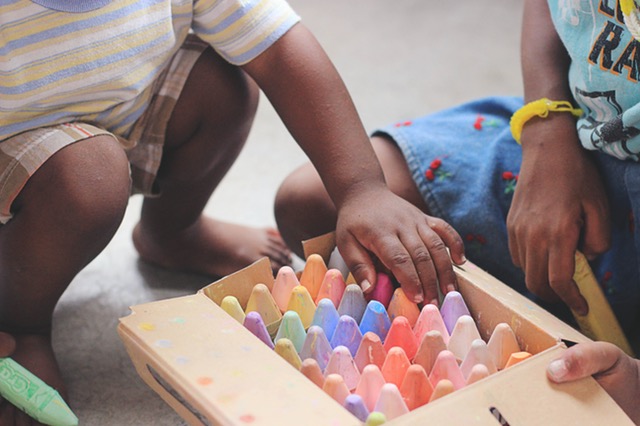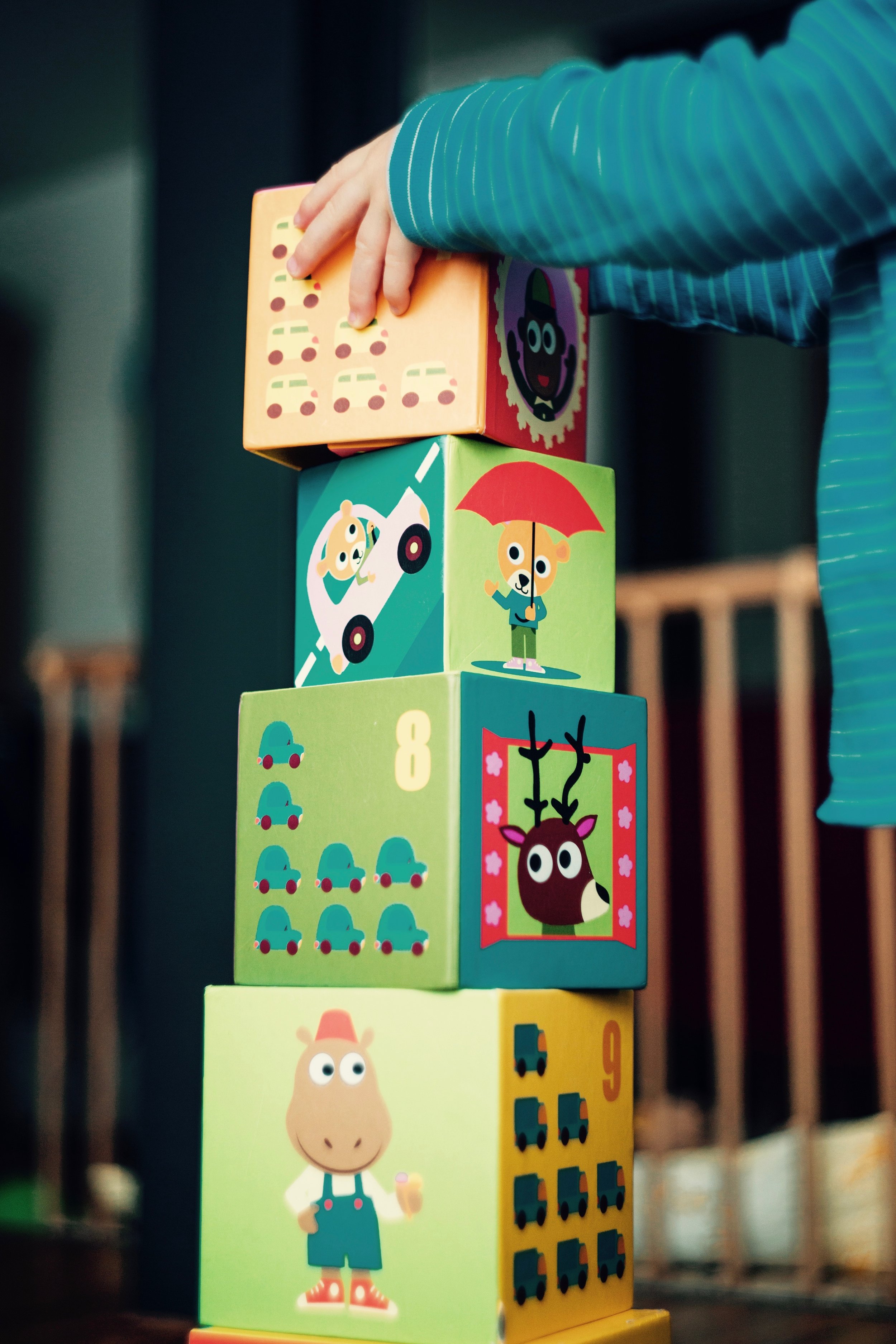Play Therapy
A child’s first language is play! According to the Association for Play Therapy (APT), Play Therapy differs from regular play in that the therapist helps children to address and resolve their own problems. Play therapy builds on the natural way that children learn about themselves and their relationships in the world around them (Axline, 1947; Carmichael, 2006; Landreth, 2002). Play therapy allows children to learn to communicate with others, express their feelings, modify behaviors, develop problem-solving skills, and learn a variety of ways of relating to others. Play provides a safe psychological distance from their problems and allows expression of thoughts and feelings appropriate to their development. Play Therapy is an effective method for not only children, but preteens and teens alike, with differing interventions used to match the youth's chronological and/or developmental age.
APT defines play therapy as "the systematic use of a theoretical model to establish an interpersonal process wherein trained play therapists use the therapeutic powers of play to help clients prevent or resolve psychosocial difficulties and achieve optimal growth and development.
